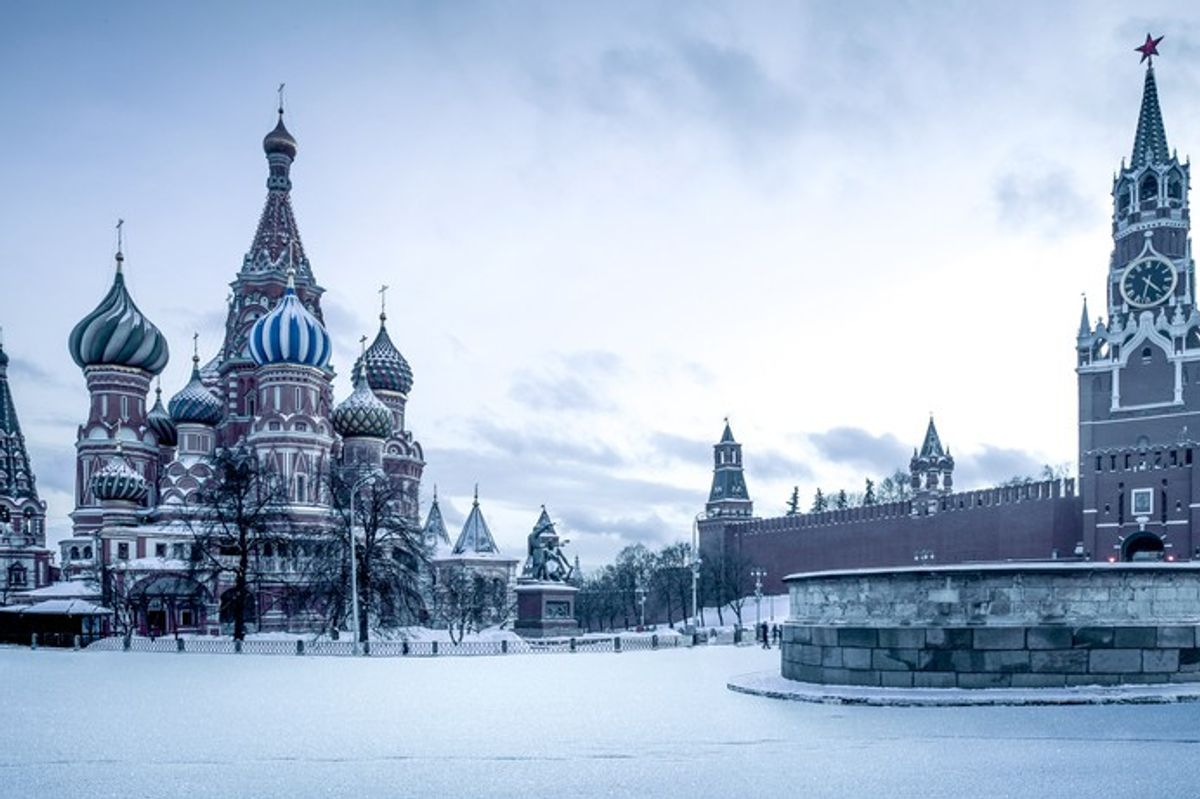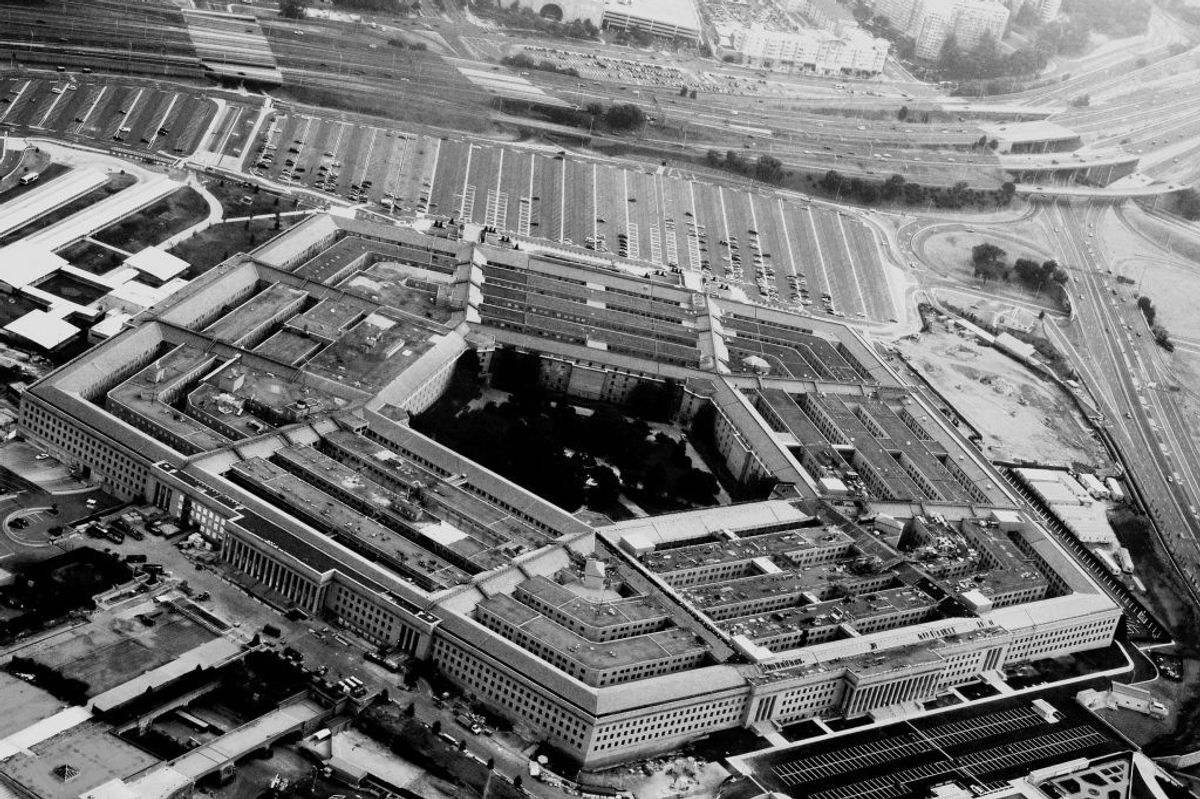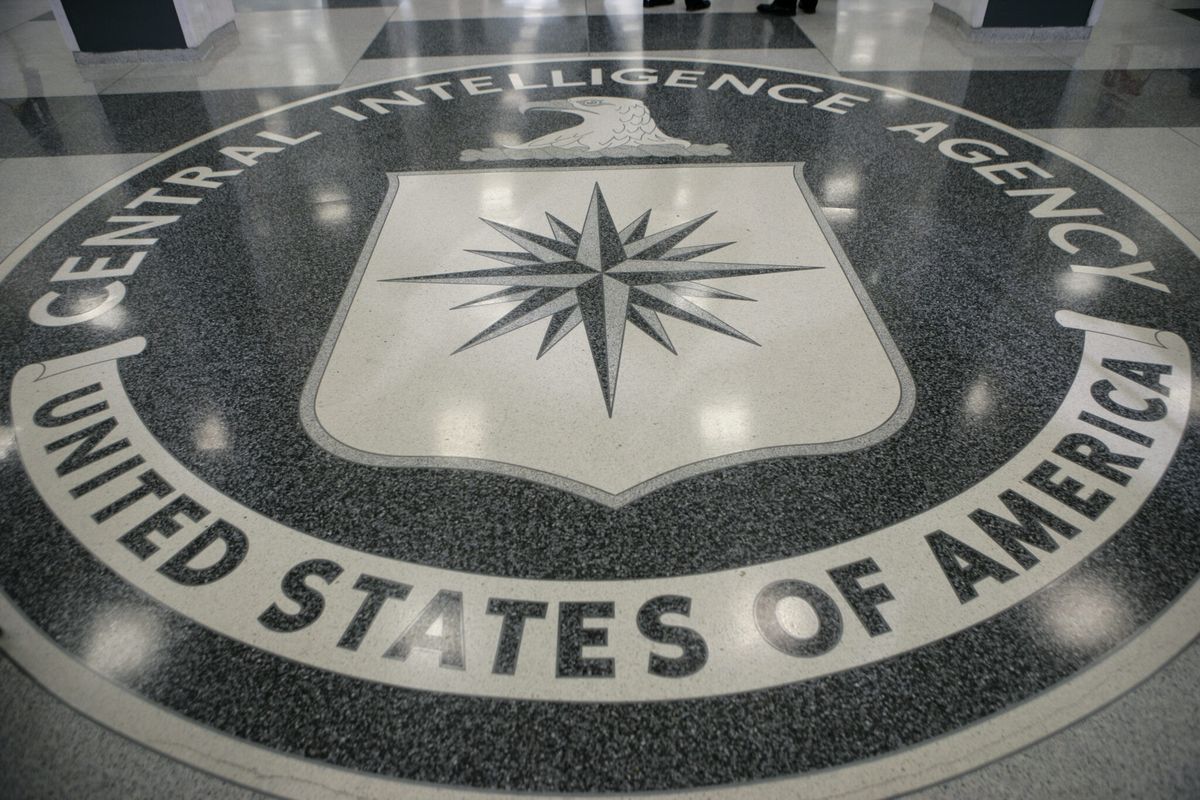OPINION — A poster I recently saw at CIA Headquarters reminded me of a project on which my late colleague and friend, Patty Brandmaier, and I worked towards the end of my Agency career in 2015, when I served as Chief of Counterintelligence. That venture, called “Honor the Oath”, was a campaign intended to remind Agency personnel (and, by extension, those serving in sister intelligence and law enforcement agencies) of the oaths they’d taken at the start of their government service wherein they pledged to protect secrets entrusted to them.
At the time, there was growing concern that professional discipline amongst those charged with protecting the nation’s most closely guarded secrets – as evidenced by a spate of leaks of classified information – was fraying.
Unfortunately, the relatively anemic wave of leaks we saw in those days turned into a tsunami as seemingly politically motivated, deliberate leaks of classified information became de rigueur and were even lauded as acts of “resistance” during succeeding years.
There were, in addition, repeated claims by unnamed present and former intelligence professionals with purported access to classified information or insider knowledge based on their professional backgrounds, that evidence existed to support a series of allegations against a sitting President.
The intent here is not to re-litigate debates where close friends and colleagues have found themselves on opposite sides of a seemingly ever-widening political divide. Rather, it is to point out that those events served to undermine the trust of a significant portion of the American people in the federal law enforcement and intelligence organizations that exist to serve and protect them.
It's not just for the President anymore. Cipher Brief Subscriber+Members have access to their own Open Source Daily Brief, keeping you up to date on global events impacting national security. It pays to be a Subscriber+Member.
An October 2023 Rasmussen poll spoke to this. In that poll, only 36% of American voters supported the view that intelligence agencies behaved in an impartial manner while a slight majority - 51% - professed a belief that U.S. intelligence agencies have their own political agenda.
Moreover, in the same poll 41% of respondents professed an unfavorable; and 17% a very unfavorable; view of those agencies. Finally, 65% of those polled believed it likely; 38% very likely; that US intelligence agencies are influencing corporate media’s coverage of political issues.
To be clear, the CIA and other U.S. intelligence organizations are not in business to be liked. In fact, U.S. intelligence agencies inherently occupy an uneasy place vis-à-vis the public they serve. This is so because, as President John F. Kennedy said, “the very word ‘secrecy’ is repugnant in a free and open society; and we are as a people inherently and historically opposed to secret societies, secret oaths, and secret proceedings”.
The American people have, nonetheless, acknowledged the need for effective intelligence services to defend the country in a dangerous world and have, within boundaries explicit and implicit, granted those organizations the authority and capacity to act in their name. Those limitations, which take the form of such things as legal restrictions on, and Congressional oversight of, intelligence operations and activities particularly as they touch on domestic matters, are clearly delineated and are not at issue in this instance. Likewise, the obligations of those working in those agencies regarding the protection of classified information are explicitly articulated in their oaths of office and required by the law.
Subscriber+Members have a higher level of access to Cipher Brief Expert Perspectives and get exclusive access to The Dead Drop, the best national security gossip publication, if we do say so ourselves. Find out what you’re missing. Upgrade your access to Subscriber+ now.
But there is also an implicit expectation that those who serve, or have served, our country secretly will take care that they wield the actual and presumed knowledge gained while so doing in a responsible, non-partisan manner.
Admittedly, there has never been a time when politics have not impacted CIA. The Director is after all, a political appointee who serves at the pleasure of an elected President. I cannot, however, recall many in-office political discussions or obvious displays of political affiliation amongst my colleagues during the earlier years of my CIA career. Nor can I remember many instances where retirees invoked the imprimatur of their Agency service to manifestly political ends.
Indeed, Agency officers took pride in an honorable, life-long tradition of silent service that didn’t end with retirement. Adherence to that perspective has seemed to erode over the last 10-15 years, a trend that has metastasized in an environment dominated by 24/7 news and social media.
None of this is meant to say that serving and former intelligence officers cannot and should not privately exercise the constitutional rights guaranteed to them as American citizens by supporting whomever, and whatever political cause they might wish. Nor does this refer to objective commentary that enhances public understanding of the history of American intelligence or informs the debate on national security issues. But, as we move toward what will surely be a politically fraught election, present and former Agency officers should keep in mind that engaging on political matters while citing experience gained at CIA can evoke distrust and anger directed at the Agency both from some elected officials and from a public that makes no distinction between present and former Agency officers.
By acting responsibly with respect to their engagement on political matters, those officers can continue to Honor the Oath; while failing to do so can only serve to both make the jobs of current officers all that much more difficult and to damage public confidence in CIA, something that the Agency – which has historically lacked the base of public support accruing to the military and law enforcement – will be at pains to restore.
The Cipher Brief is committed to publishing a range of perspectives on national security issues submitted by deeply experienced national security professionals.
Opinions expressed are those of the author and do not represent the views or opinions of The Cipher Brief.
Have a perspective to share based on your experience in the national security field? Send it to Editor@thecipherbrief.com for publication consideration.
Read more expert-driven national security insights, perspective and analysis in The Cipher Brief













